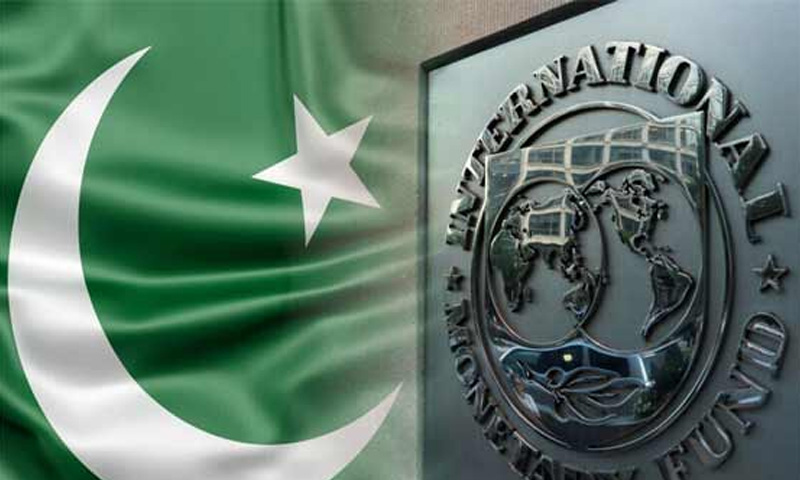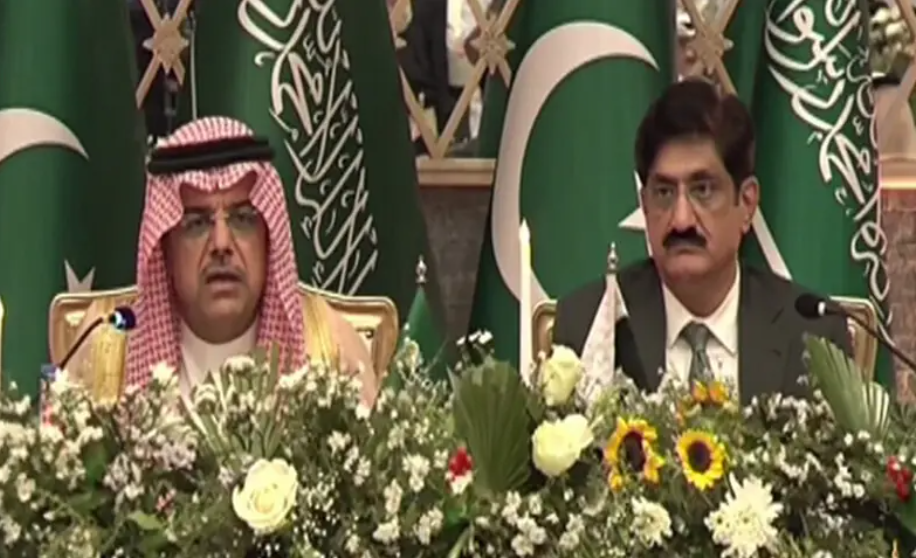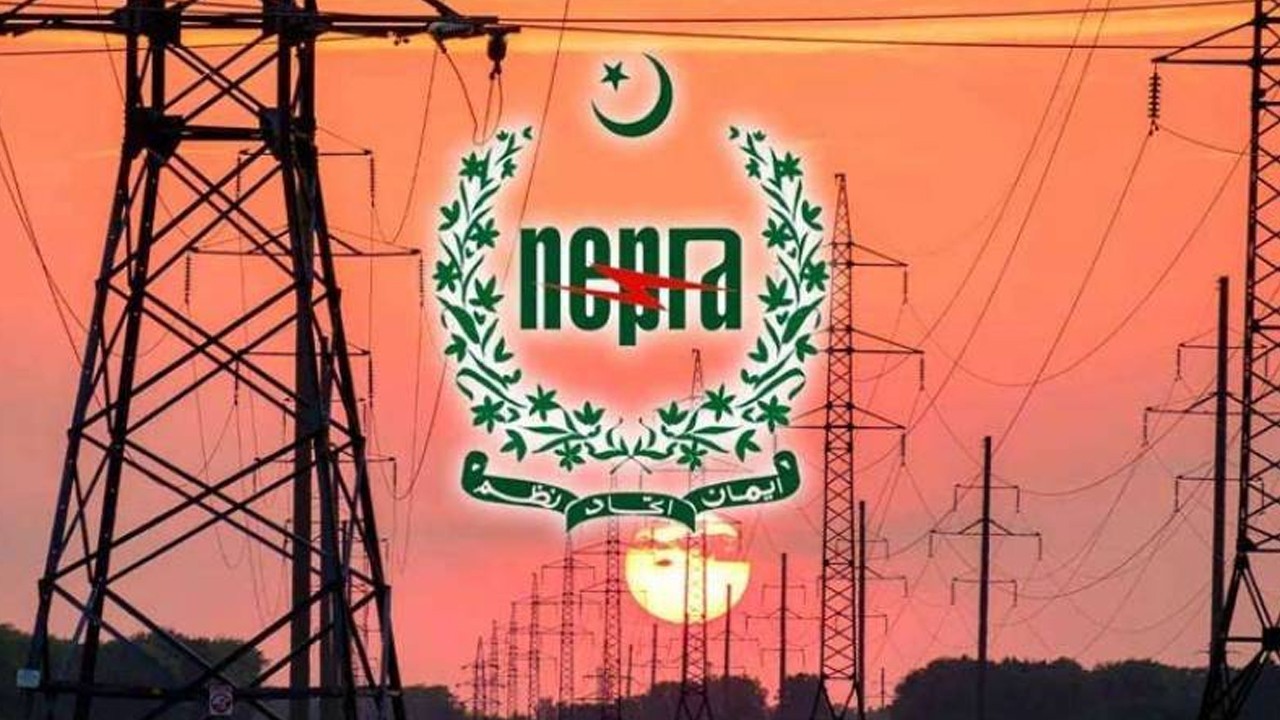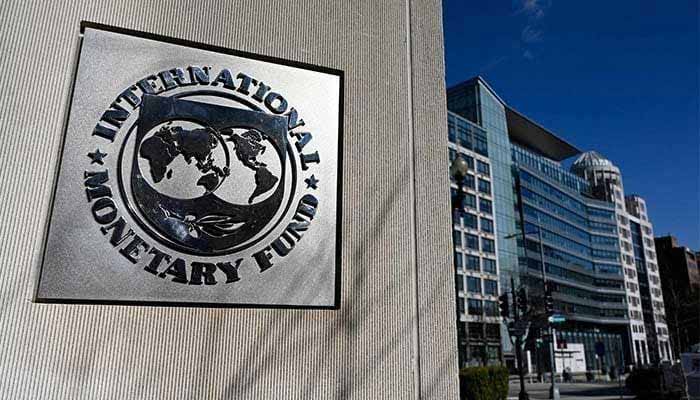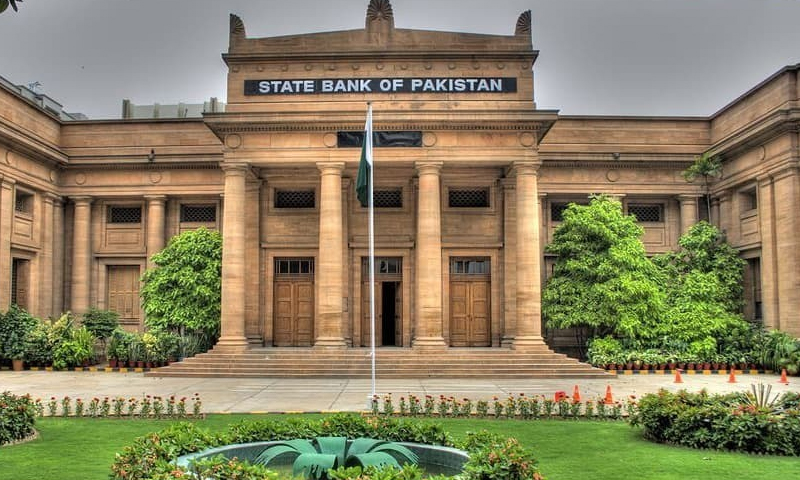TRADE & ECONOMY
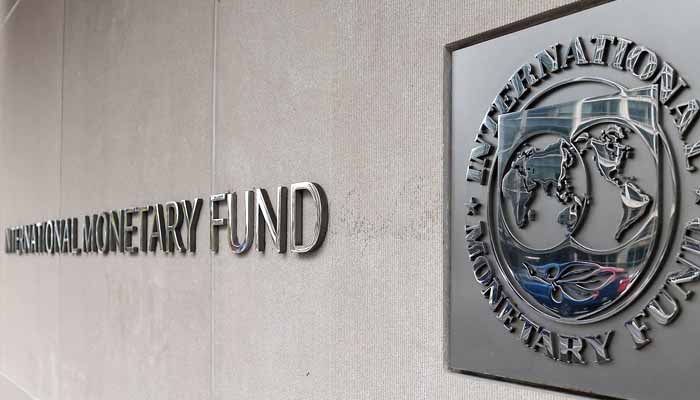
The International Monetary Fund (IMF) has barred the federal government from releasing funds for development schemes in flood-affected areas, directing that provinces should finance rehabilitation efforts from their own resources.
The decision comes as Pakistan and the IMF enter a crucial phase of economic review talks, with meetings scheduled today between the IMF mission, the Ministry of Finance, and the Ministry of Energy.
According to official sources, the IMF team will receive detailed briefings on the Reko Diq copper and gold mining project, whose total cost has surged from $4.3 billion to $7.72 billion, with the first phase expected to yield 200,000 metric tons of copper annually.
The IMF mission is also expected to review the impact of recent floods on Pakistan’s economic growth, tax collection, and development targets. Discussions are underway to reset budget goals in light of the losses caused by the floods.
Sources confirmed that the IMF has directed provinces to fund flood rehabilitation projects independently, emphasizing that such spending must not reduce provincial budget surpluses.
Meanwhile, the IMF’s meeting with the Ministry of Energy will focus on power sector reforms, including the recovery of electricity bills and measures to curb line losses. The mission will also seek a timeframe for the privatization of power distribution companies (DISCOs).
Finance Minister Muhammad Aurangzeb is expected to join policy-level discussions, which will also cover fund transfers to provinces under the NFC Award.
Additionally, the IMF will be briefed on the government’s upcoming National Tariff Policy 2025–2030, aimed at gradually reducing import duties, boosting exports, and encouraging investment. Officials will outline the potential economic impact of the new five-year tariff framework.
Government insiders say the economic team remains optimistic that the IMF mission will recommend releasing the next loan tranche.
In parallel, the Prime Minister’s Office has become active to ensure smooth progress in negotiations, directing ministries to submit implementation reports on IMF commitments and to justify any unmet conditions.
